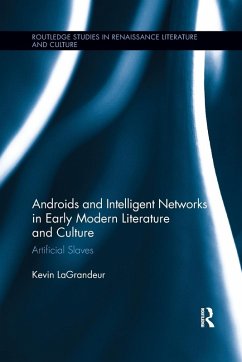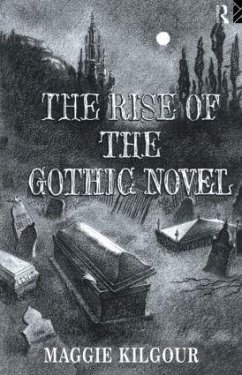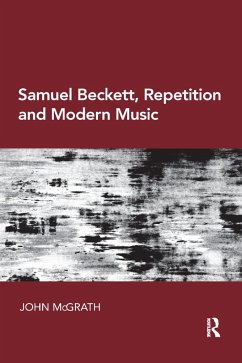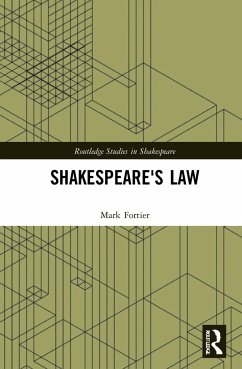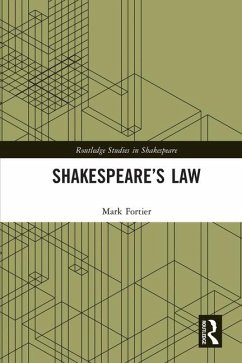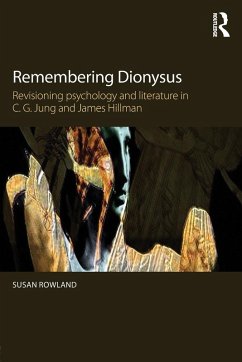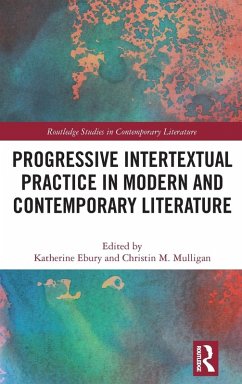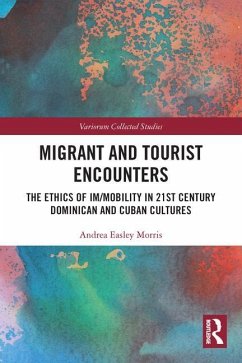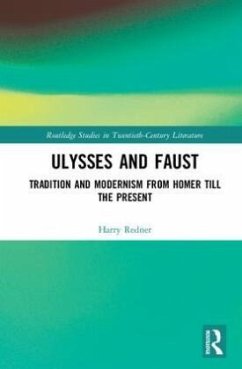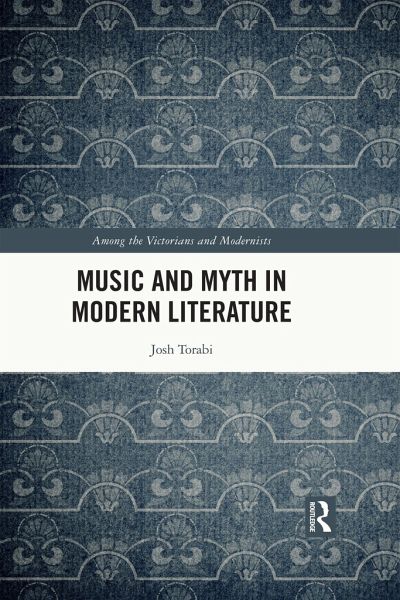
Music and Myth in Modern Literature
Versandkostenfrei!
Versandfertig in 6-10 Tagen
46,99 €
inkl. MwSt.
Weitere Ausgaben:

PAYBACK Punkte
23 °P sammeln!
This book is the first major study that explores the intrinsic connection between music and myth, as Nietzsche conceived of it in The Birth of Tragedy (1872), in three great works of modern literature: Romain Rolland's Nobel Prize winning novel Jean-Christophe (1904-12), James Joyce's modernist epic Ulysses (1922), and Thomas Mann's late masterpiece Doctor Faustus (1947). Juxtaposing Nietzsche's conception of the Apollonian and Dionysian with narrative depictions of music and myth, Josh Torabi challenges the common view that the latter half of The Birth of Tragedy is of secondary importance to...
This book is the first major study that explores the intrinsic connection between music and myth, as Nietzsche conceived of it in The Birth of Tragedy (1872), in three great works of modern literature: Romain Rolland's Nobel Prize winning novel Jean-Christophe (1904-12), James Joyce's modernist epic Ulysses (1922), and Thomas Mann's late masterpiece Doctor Faustus (1947). Juxtaposing Nietzsche's conception of the Apollonian and Dionysian with narrative depictions of music and myth, Josh Torabi challenges the common view that the latter half of The Birth of Tragedy is of secondary importance to the first. Informed by a deep knowledge of Nietzsche's early aesthetics, the book goes on to offer a fresh and original perspective on Ulysses and Doctor Faustus, two world-famous novels that are rarely discussed together, and makes the case for the significance of Jean-Christophe, which has been unfairly neglected in the Anglophone world, despite Rolland's status as a major figure in twentieth-century intellectual and literary history. This unique study reveals new depths to the work of our most enduring writers and thinkers.






